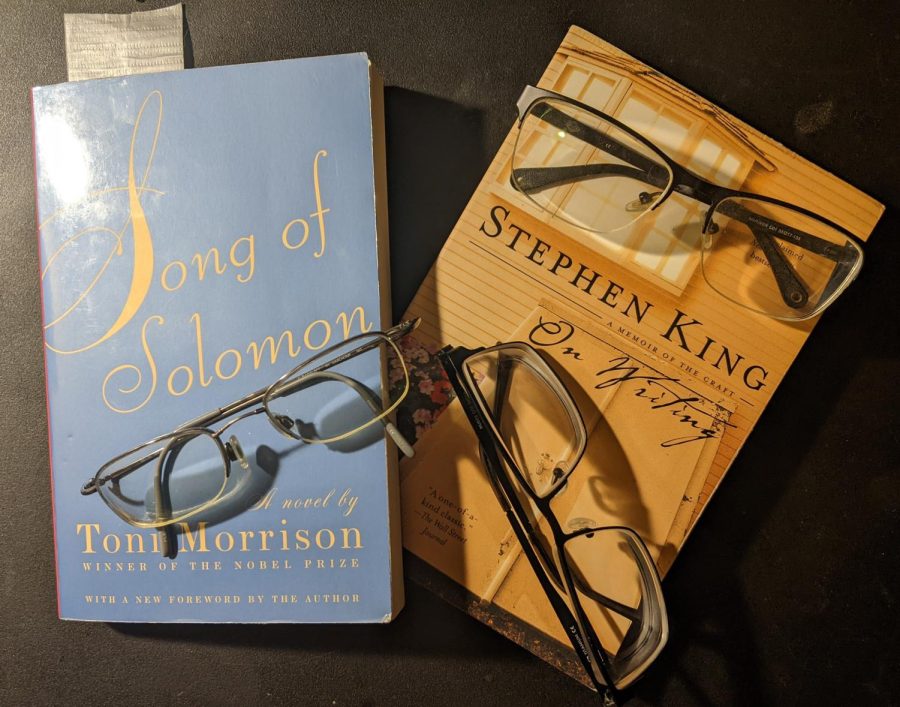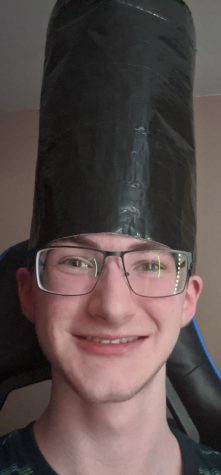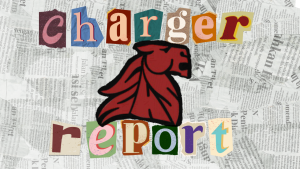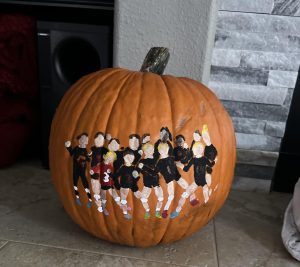The Writer’s Lens: An Analysis of an Analysis
March 19, 2022
It feels like a strange thing to admit, but I have a peculiar fascination with examining various pieces of media through a writer’s lens. I’m always on the lookout for new ideas, trying to figure out what concepts I can take and reinterpret in the context of my own writing. As a matter of fact, most of my media occupations, from books and television shows to video games and movies, stem from particular desires to examine how other creators interpret a given subject. The most recent example of this desire made manifest is the article “Oh Magic, What Art Thou?”, in which I discuss some of my learnings from other franchises in regards to the fantasy element of magic. Other examples include research into plot structure, character development, and thematic elements.
It truly is a strange feeling to read a book like Toni Morrison’s Song of Solomon for an AP Literature class and come out of that reading thinking about how I could better incorporate the structural elements of a Bildungsroman (i.e. the fancy way to say “Coming-of-Age story”) into my own writing.
And none of this is even coming close to mentioning how I have an entire document, simply called “Thoughts”, that is 68,000 words long. The aim of that document is to essentially brainstorm improvements for whatever writing I might do next before I go on to more specifically iterate upon what I want in a separate outline document. There are also multiple analytical arguments in regards to some of my past stories, many of which focus on particular weak points in either the worldbuilding (especially with magic) or the overall plot.
But I digress. I say all of this because this analytical lens of mine lets me see that “so what?” that English teachers are always asking for in an entirely new light. It even makes me take a step further, applying those learning and interpretations to my life and my writing. At this point, I’m even paying attention to things I’ve never really considered before; elements like setting were always nothing more than a backdrop for me, but now I study the author’s style of description more in-depth so that I can better portray my own worlds. As I analyze these various elements, I also learn the author’s subtleties and intricacies, studying those minor elements in an effort to progress my own writing style with the never ending conflict of when to show and when to tell (because, yes, that decision is incredibly important for every single detail).
Regardless of what I can learn through my personal writer’s lens, I’m finding it more important than ever to simply keep my conscious analysis on the back burner until I’m done. Taking note of the occasional element is going to happen no matter what, but I have to realize that these books are sources of entertainment as well. All the learning that I try to do on a constant basis isn’t worth much when I make my hobbies into a kind of work that wraps a veil around the enjoyment I’m trying to glean and create.







Ms. Snowden • Mar 19, 2022 at 8:00 PM
You are a talented student, and amazing individual. I enjoyed reading your piece! (I also loved that you mentioned Song of Solomon.)
**Make sure I get a copy of your first novel/published short story!
Jack Thistlewood • Apr 2, 2022 at 8:39 AM
Thank you for the kind comment, Ms. Snowden! As with other literature-based articles of mine, I try to create a connection that many students have difficulty finding. Based on the comments I’ve received from you and other English teachers, my efforts haven’t been wasted. And, well, as for getting a copy of my first sincere writing publication…
It might be coming sooner than you think.